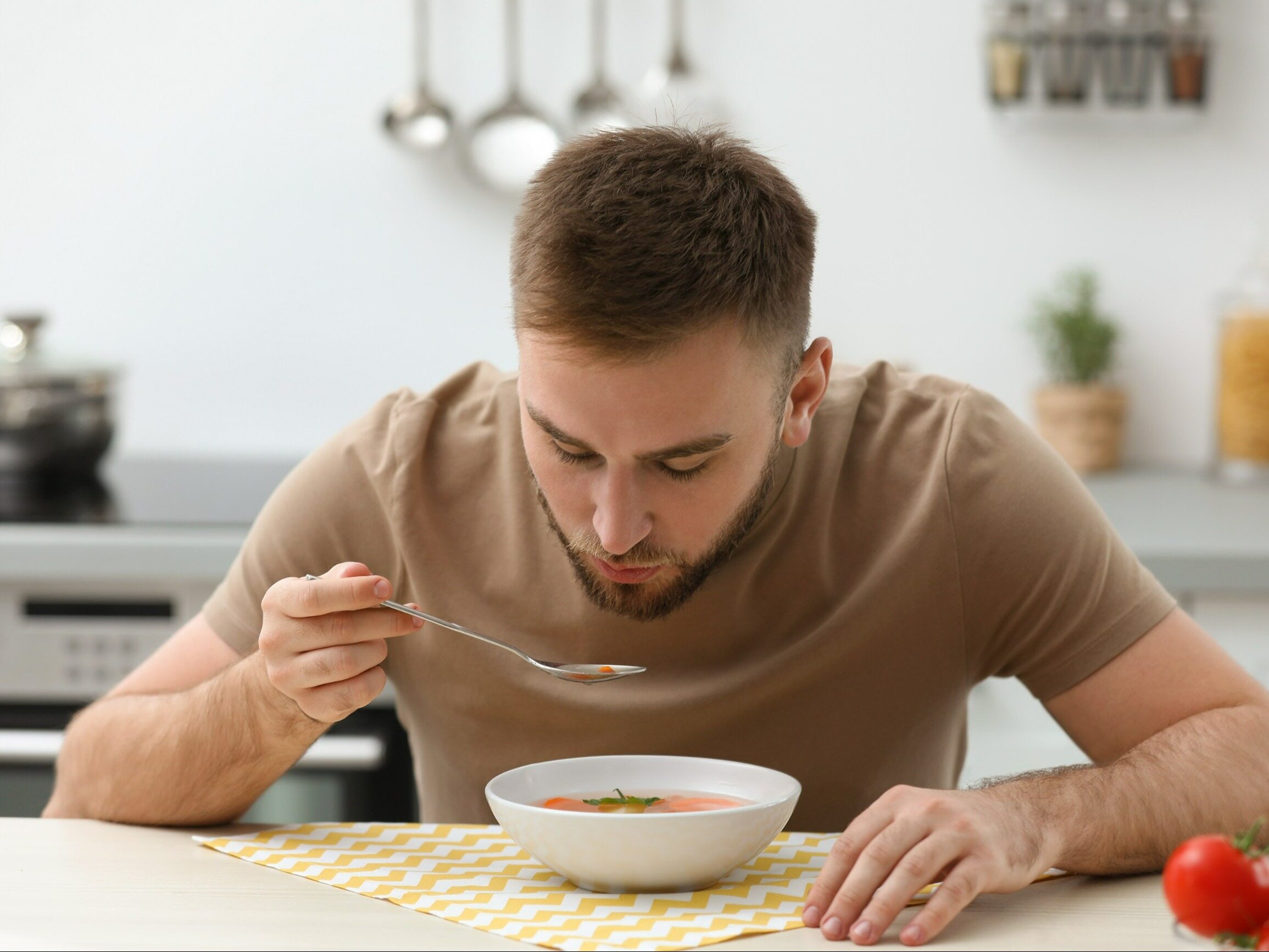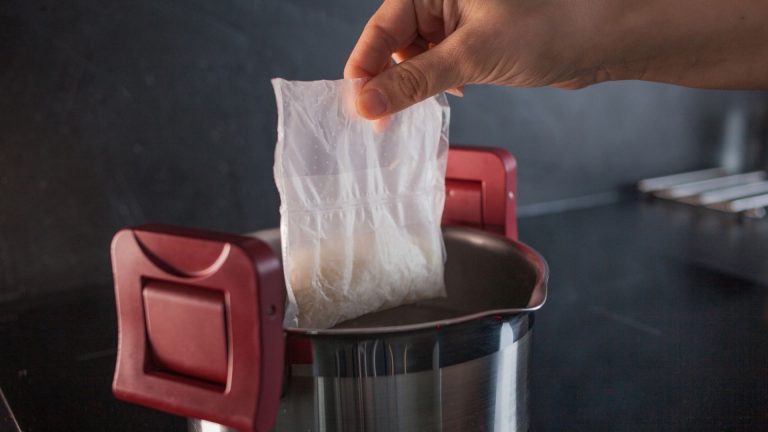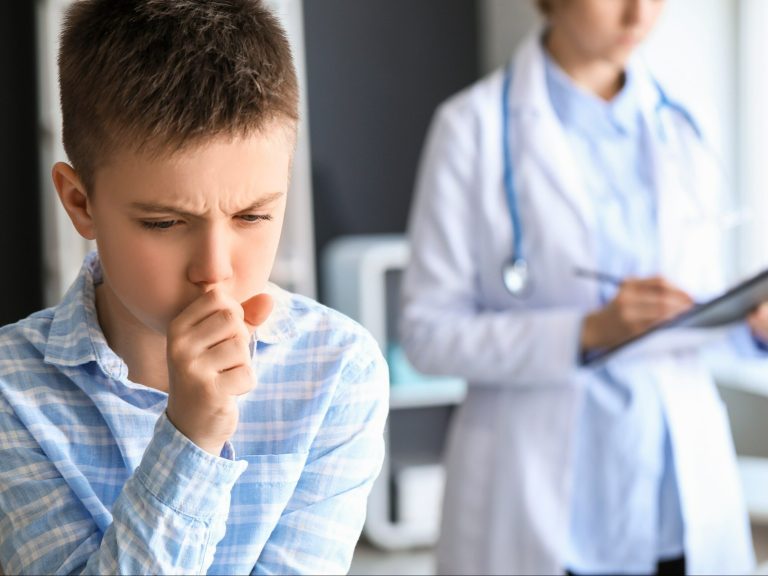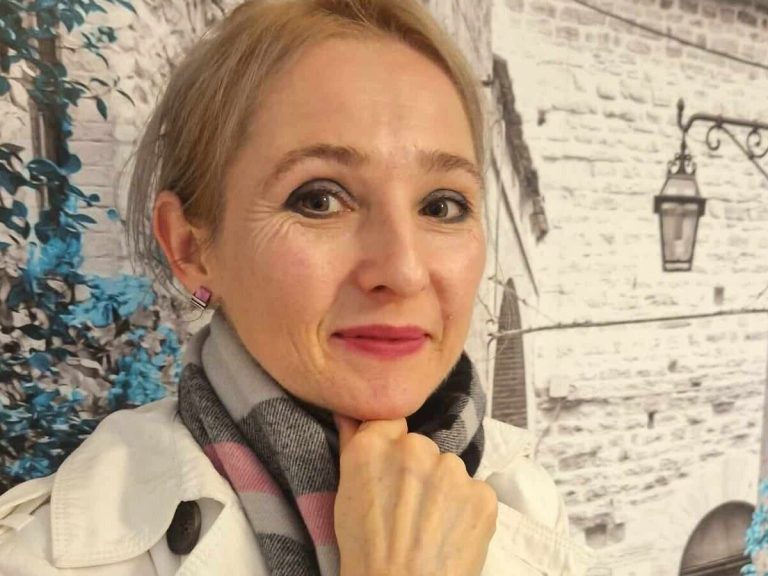A diet before colonoscopy is necessary. See what you can and cannot eat before the test

Colonoscopy is a test that plays an important role in the prevention of colon cancer and is used for diagnostic purposes if the patient has symptoms indicating colon diseases. You need to prepare for colonoscopy and cleanse your organs of food residues, which is why dietary restrictions are necessary. See what diet is required before colonoscopy.
- What is a colonoscopy examination?
- Diet before colonoscopy – what can you eat and what not?
- Indications for colonoscopy
Colonoscopy (endoscopic examination of the colon) allows you to assess the condition of the large intestine mucosa and detect possible pathological changes (e.g. polyps, inflammation and cancer), as well as take a sample of the diseased tissue for histopathological examination. However, you need to properly prepare for colonoscopy by following the diet recommended by your doctor. It is also necessary to take a preparation with a laxative effect. Appropriate preparation for colonoscopy helps cleanse the intestines and facilitates the correct diagnosis – cleansing the colon of fecal masses allows, among other things, check the color of the intestinal mucosa, which changes as a result of disease processes. An easily digestible diet before colonoscopy is a key element of preparation for colon endoscopic examination.
Before endoscopic examination of the colon, a low-residue diet is used, which should be started 3 days before colonoscopy, following strictly according to the doctor’s recommendations. The doctor referring the patient for colonoscopy should inform him how to prepare for the examination.
What is a colonoscopy examination?
As already mentioned, colonoscopy is an examination of the colon performed using an endoscope. The colonoscope is inserted through the anus to examine the descending, transverse and ascending colon. Although endoscopic examination of the colon is not the most pleasant, it can save your life. Colorectal cancer, the prevention of which includes colonoscopy, is one of the most dangerous cancers that develops asymptomatically for a long time.
Before a colonoscopy is performed, it is necessary to cleanse the colon. Before colonoscopy, you cannot burden the digestive tract, therefore it is recommended to follow a low-residue, easily digestible diet (diet with low dietary fiber) before the examination. Thanks to colonoscopy, you can check the condition of the large intestine, detect pathological changes and take samples for histopathological examination.
In some cases, colonoscopy is performed under general anesthesia. If there are no indications for the use of general anesthesia, the patient receives sedatives and local anesthetics.
Diet before colonoscopy – what can you eat and what not?
A few days before the colonoscopy (preferably 7 days before the examination), you should switch to an easily digestible diet and completely stop drinking alcohol, and 3 days before the examination you should start following a low-residue diet.
On an easily digestible diet, you are allowed to eat, among others: cooked lean meat (in water and steam), lean fish, boiled eggs, low-fat dairy products (e.g. low-fat milk, low-fat cottage cheese), rice, pasta, clear and mixed soups, white bread, as well as fruit and fruit and vegetable juices. Light meals do not require calorie restrictions – you can consume the number of calories necessary for the proper functioning of the body, taking into account age, gender and level of physical activity.
Products that should not be eaten by people on a light diet and who are preparing for a colonoscopy include: fatty meats, foods that cause flatulence (e.g. legumes), fried foods, fried foods, grilled foods, smoked and canned foods. You should stop eating these foods at least 7 days before the colonoscopy.
7 days before the examination preparations containing iron must be discontinued. The referring doctor must be provided with information about all prescription and over-the-counter medications and dietary supplements taken, as it may be necessary to modify or temporarily discontinue treatment.
3-4 days before colonoscopy a low-residue diet should be introduced. You need to eliminate products rich in dietary fiber from your diet, including: dark bread, fruits that contain seeds (e.g. raspberries, strawberries, kiwi, watermelon), raw vegetables, seeds (e.g. linseed, poppy or sesame seeds) and seeds (e.g. pumpkin and sunflower seeds).
2 days before colonoscopy you need to go on a semi-liquid diet. You should avoid consuming, among others: cold cuts, whole grain bread, dark rice and whole grain pasta, fatty meats and delicatessen products. It is also not recommended to consume raw vegetables and fruits, fruit and fruit and vegetable purees and carbonated drinks. You can eat gruels, jellies, cooked lean meat, boiled lean fish, white bread, soft-boiled eggs, clear soups (e.g. strained vegetable broth), skimmed milk and dairy products. You should increase the amount of fluids you drink to 2 liters.
1 day before colonoscopy you should follow a liquid diet. The day before the colonoscopy, you can eat a low-fiber breakfast and clear broth for dinner.
On the evening before the colonoscopy, you need to take a dose of a laxative prescribed by your doctor. Dietary restrictions are a very important element of preparation for a colon examination, so they should not be ignored. Each patient who is to undergo colonoscopy should follow the information leaflet received from the doctor, which includes a sample menu.
On the day of the examination, you should take a laxative in the morning. The patient must stop drinking fluids 4 hours before the examination. It is not necessary to follow dietary restrictions after the test.
After colonoscopy, the patient can return to normal eating gradually and carefully. Please remember that diet before colonoscopy is an important element of preparation for the examination. It is essential to follow the recommendations of the doctor referring you for colonoscopy! Lack of appropriate dietary management before colonoscopy may distort the test result.
Indications for colonoscopy
Diagnostic indications for colonoscopy include:
-
colon cancer prevention,
-
change in bowel habits (persistent constipation or diarrhea),
-
bleeding from the gastrointestinal tract (occult blood in the stool, blood on the surface of the stool),
-
suspicion of colorectal cancer due to the patient’s symptoms (e.g. change in bowel habits, abdominal pain, weight loss).
Colonoscopy may also be performed for therapeutic indications, which include, among others: removal of polyps and removal of strictures in the large intestine. Gastrointestinal bleeding can also be stopped during colonoscopy.
Sources:
-
E. Antos, J. Maliszewska, M. Wojciechowska, Colonoscopy – problems of patients preparing for the examination, Polski Przegląd Nauk o Zdrowiu, 59 (2) pp. 150–156, 2019
-
K. Dołoto, Colonoscopy in the prevention of colorectal cancer – nursing activities in preparation for the examination, Polski Przegląd Nauk o Zdrowiu, 1 (50), pp. 102–106, 2017
-
Nam SJ, Kim YJ, Keum B, Lee JM, Kim SH, Choi HS, Kim ES, Seo YS, Jeen YT, Lee HS, Chun HJ, Um SH, Kim CD, Impact of dietary restriction on bowel preparation for colonoscopy, Medicine , 97 (41): e12645, 2018
-
Anna M Leszczynski, Kristin L MacArthur, Kerrie P Nelson, Samuel A Schueler, Paula A Quatromoni, Brian C JacobsonThe association among diet, dietary fiber, and bowel preparation at colonoscopy, Gastrointest Endosc, 88(4), pp. 685-694, 2018






